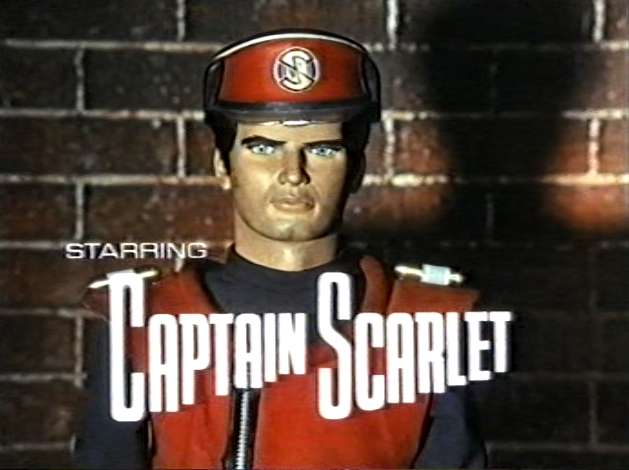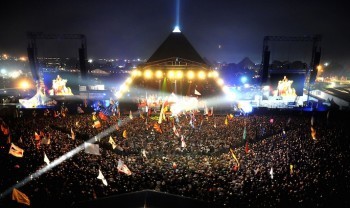
Video Playtime , Ann Gray’s account of the domestic use of the VCR in the 1980s, was one of the great cultural studies accounts to come out of early television studies. In describing and analysing ‘the gendering of a leisure technology’, Gray gave space for her respondents’ accounts of their changed viewing habits and analysed them sympathetically and shrewdly.






